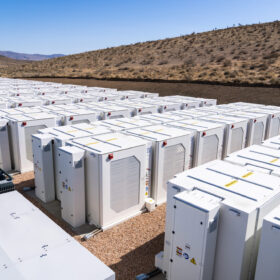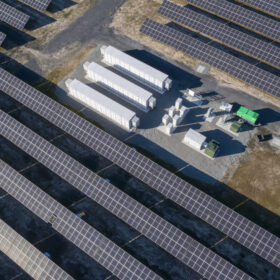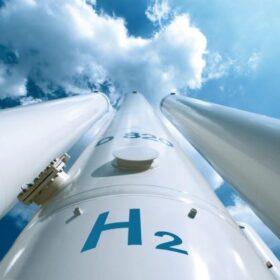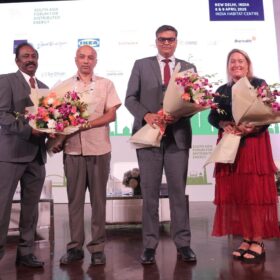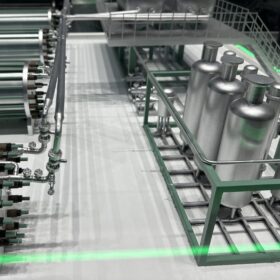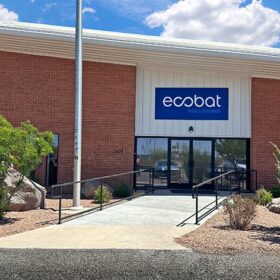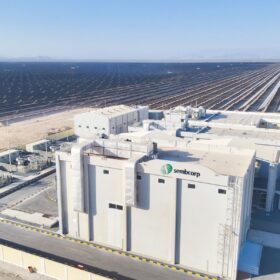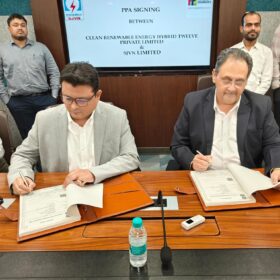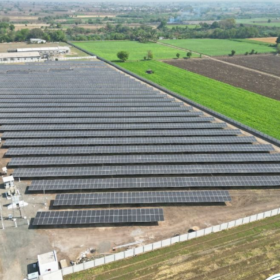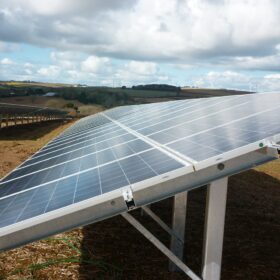Leveraging ESG Tech for a resilient and decentralized energy grid
According to the “Energy Statistics India 2024” report by the Ministry of Statistics and Programme Implementation, total emissions from the energy sector have been on the rise, underscoring the urgency for sustainable energy practices and stronger ESG-aligned interventions.
SECI signs 125 MW/ 500 MWh battery storage sale agreement with KSEB
JSW Energy will develop, operate and maintain the BESS in Kerala with the primary objective of making it available to KSEB for charging/discharging of the BESS on an on-demand basis.
Bihar tenders EPC of 116 MW solar with 50.5 MW/241 MWh battery storage
Bihar State Power Generation Co. Ltd has invited bids to set up a 116 MW AC grid-connected solar PV plant with 50.5 MW/241 MWh battery storage system in Lakhisarai district of Bihar.
Honeywell unveils AI-assisted suite to optimize green hydrogen plants
Honeywell Protonium uses machine learning to optimize the design and operation of green hydrogen projects. Aternium, a US-based large-scale clean hydrogen producer, will deploy the technology at its planned Mid-Atlantic Clean Hydrogen Hub.
“Distributed renewable energy should serve as an inclusive, community-centric growth engine”: ISA Director General
Ashish Khanna, Director General of International Solar Alliance, highlighted the need to enable private-sector investments in driving technology and innovation for distributed renewable energy, while the government focuses on developing the policy and regulatory framework and results-based financing to make these solutions affordable for the poor.
BGR Tech, Chemie-Tech partner on green hydrogen and ammonia projects globally
India’s BGR Tech Ltd has joined hands with Dubai-based EPC company Chemie-Tech to execute multi-megawatt green hydrogen and ammonia projects on lump sum turnkey basis worldwide.
Lithium-ion battery recycling plant comes online in Arizona
The opening of Ecobat’s new facility is just one of many indicators that U.S. battery recycling is on the rise.
BPCL, Sembcorp form renewable energy, green hydrogen joint venture
Bharat Petroleum Corp. Ltd (BPCL) and Sembcorp will jointly explore renewable energy and green hydrogen production projects to help decarbonise hard-to-abate sectors in India.
Ladakh to host 13 GW hybrid renewable energy park
The 13 GW hybrid renewable energy park will comprise solar, wind and battery energy storage systems.
Hero Future Energies secures PPA for 120 MW renewable-plus-storage project, signs green hydrogen MoU
Hero Future Energies has secured a power purchase agreement with SJVN to develop a renewable energy project backed with storage to supply 120 MW firm and dispatchable power. It has also signed an agreement for a $200 million green hydrogen production plant in Vietnam.

